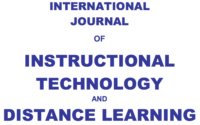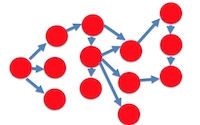
Digital Citizenship + Liberal Arts = Students Empowered for Life
Students often attempt to navigate the Internet without being given the space to intentionally think about and understand how the digital world works, how it influences their lives, and how they in turn can influence its direction. Liberal arts colleges emphasize preparing students to be lifelong learners, creative and critical thinkers, and engaged members of […]
















